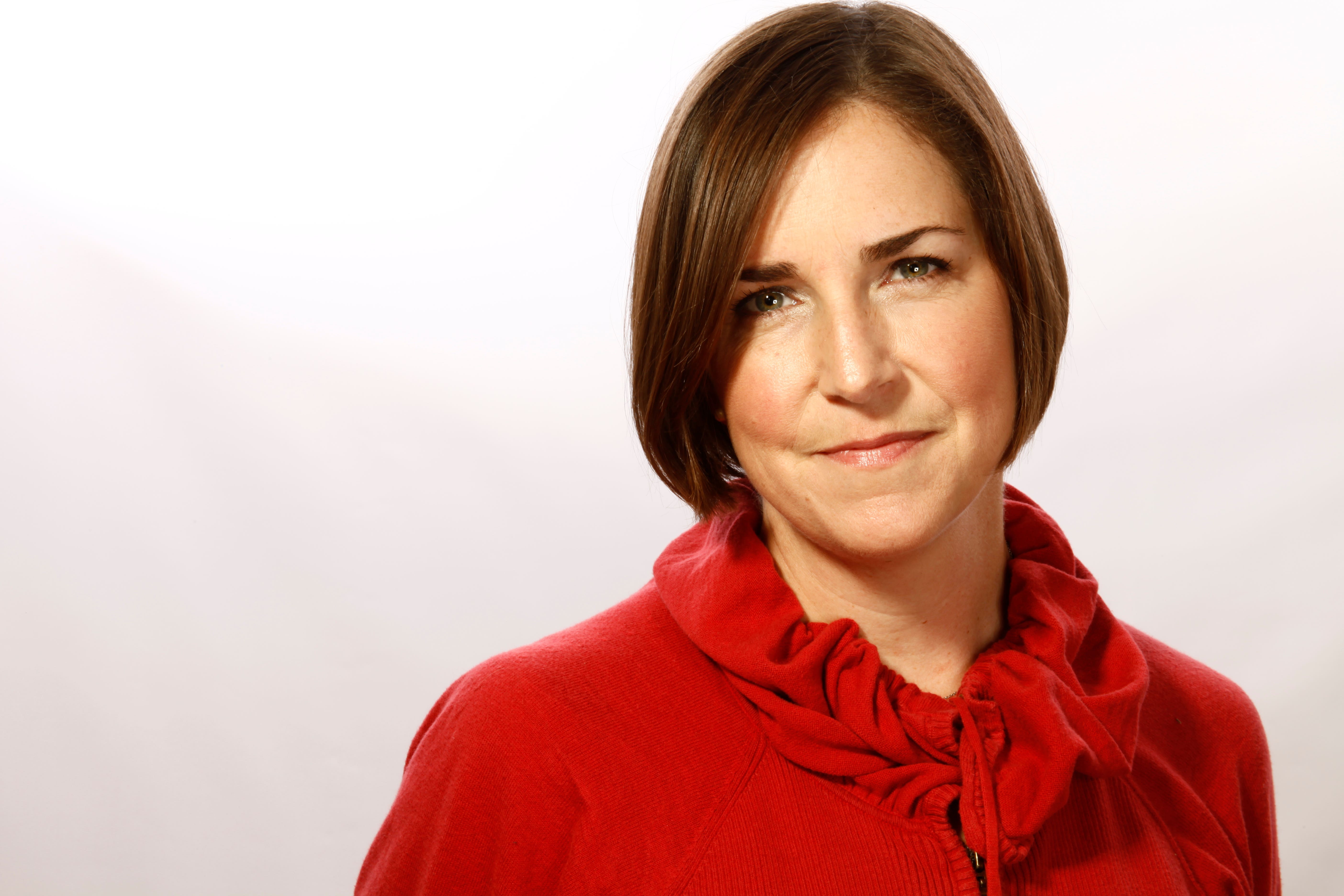Domestic Abuse Commissioner vows to hold public bodies to account over deaths
More than half of victims had already had contact with the police before they were killed.

Your support helps us to tell the story
From reproductive rights to climate change to Big Tech, The Independent is on the ground when the story is developing. Whether it's investigating the financials of Elon Musk's pro-Trump PAC or producing our latest documentary, 'The A Word', which shines a light on the American women fighting for reproductive rights, we know how important it is to parse out the facts from the messaging.
At such a critical moment in US history, we need reporters on the ground. Your donation allows us to keep sending journalists to speak to both sides of the story.
The Independent is trusted by Americans across the entire political spectrum. And unlike many other quality news outlets, we choose not to lock Americans out of our reporting and analysis with paywalls. We believe quality journalism should be available to everyone, paid for by those who can afford it.
Your support makes all the difference.The Domestic Abuse Commissioner for England and Wales has pledged to hold public bodies to account over the action they take to prevent future deaths.
Research for the commissioner’s office found that the majority of victims of domestic homicide were in touch with the police, health services and other public agencies before their deaths.
The work, by the commissioner in conjunction with Manchester Metropolitan University, looked at a sample of 302 reviews following domestic abuse-related deaths between 2012 and 2019.
Commissioner Nicole Jacobs said too often changes recommended after domestic homicide reviews – which are carried out following every domestic abuse-related death to see what can be learned – might happen only locally, rather than nationally despite being needed.
Any life lost to domestic homicide is a tragic failure by systems that should be there to protect victims
She said “cross-governmental leadership” is necessary to make sure all agencies, ranging from health to children’s services, “make ending domestic homicide a priority”.
To that end, she has announced she is launching a “domestic homicide oversight mechanism to hold public bodies and national government to account”.
Reports published on Wednesday by the commissioner’s office focused on recommendations to criminal justice agencies such as police and probation; physical and mental health services; children’s services; and adult social care.
More than half (52%) of victims had already had contact with the police before they were killed, according to a report looking into criminal justice agencies, the commissioner said, while 57% of perpetrators had criminal records for domestic abuse offences before killing their victim.
Nineteen reviews identified children under 18 living in the home, and in five, children were also victims of homicide, the commissioner’s office said.
Some 78% of victims and 69% of perpetrators had been to services such as GPs or hospitals before they died, the report into health services found.
More than two thirds of these reviews found that health services were not sharing information or working together with other agencies, the commissioner’s office added.
There were 12 deaths where the perpetrator was the main carer for the victim, the reports found, and the commissioner’s office said domestic homicide experienced by older people is poorly recognised.
Ms Jacobs said: “Any life lost to domestic homicide is a tragic failure by systems that should be there to protect victims.
“That both victim and perpetrator were known to services in the vast majority of these homicides shows there is a life-saving opportunity to intervene earlier.
“Domestic homicide reviews have been gathering vital learning to prevent future deaths since 2011.
“Until now, there has been no mechanism to ensure the changes these important reviews call for are happening at a regional and national level. Too often, this leads to stagnation and the vital changes to save lives are not made.
“That’s why I’m launching this domestic homicide oversight mechanism to hold public bodies and national government to account so that they take the important steps to preventing future deaths.”
Professor Khatidja Chantler, principal investigator of the study, said the findings “illustrate specific gaps” in each area looked at, and called for a “systems-level change” which considers victims and perpetrators including aspects such as race, gender, age, disability and sexuality.
Prof Chantler added: “The Domestic Homicide Oversight Mechanism offers a new possibility for ensuring that lessons from these tragic deaths are acted upon to strengthen responses to domestic abuse.”